Annual Report 2020
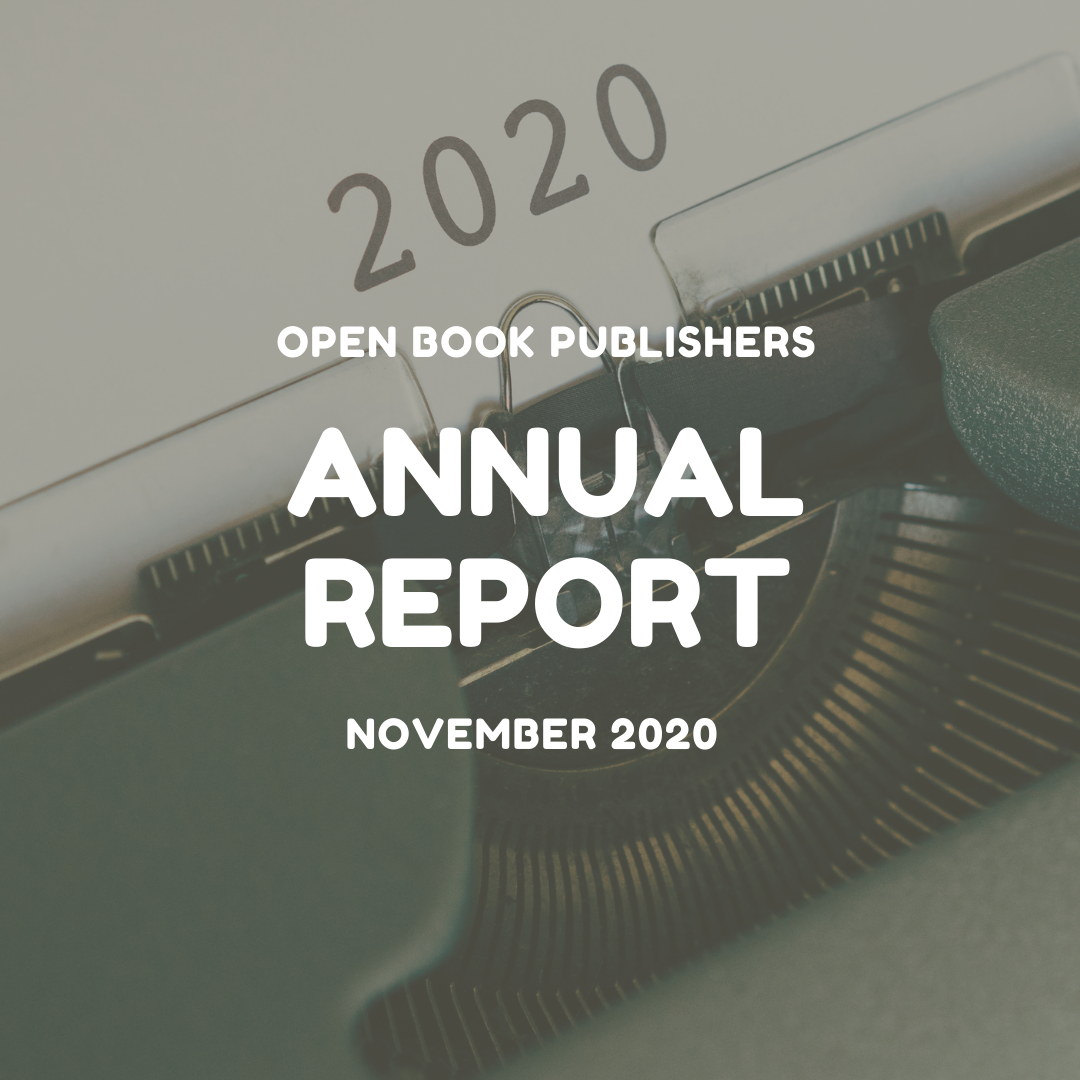
As we come to the end of this year, it is with great pride that we look back at the many exciting things that have happened here at OBP in 2020!
From great new open access titles, to innovative publications, new series and exciting projects, this has been a remarkable year for us.
Keep reading to find out more about all we have been doing this year!
Announcements
- Proud to be in SE's top 100
- COPIM project update
- Open Access Books Network
- Global usage statistics
Books, libraries and content
- New OA publications
- Our 2020 OA series
- New Library Members
- Interviews and videos
- New blog posts
People
- Our team members
- Our volunteers
- What our authors say about us

This year we have been listed once again among the top 100 social enterprises in the NatWest SE100! This award celebrates the growth, impact and resilience of social ventures in the UK by recognising the most impressive 100 social enterprises of the year. You can read more about this here.
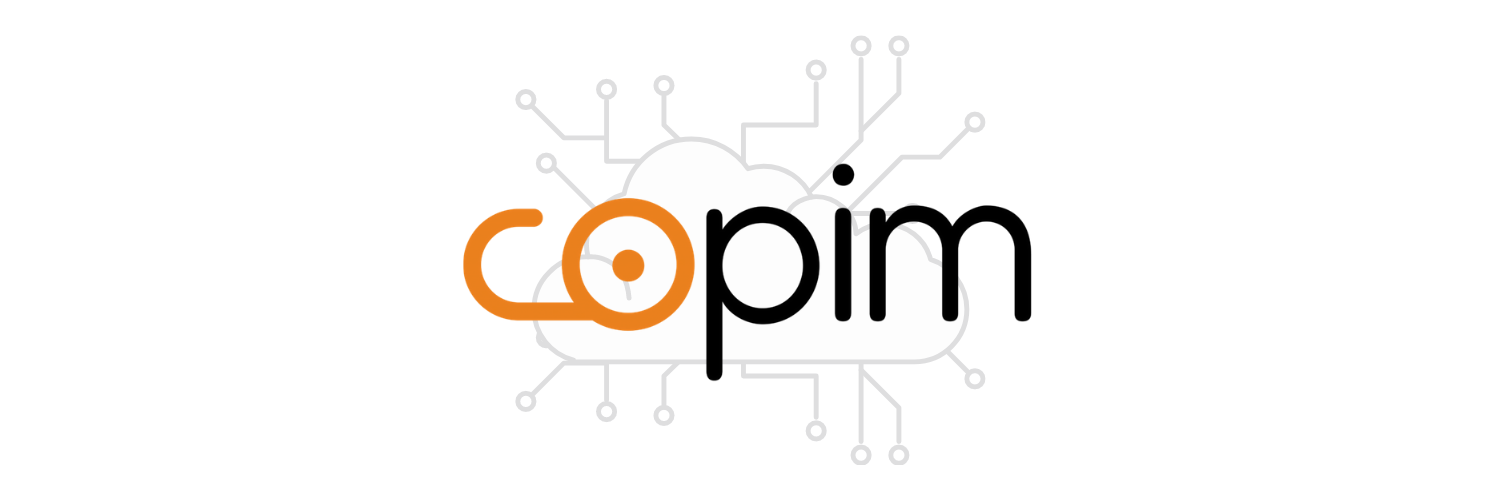
The COPIM (Community-led Open Publication Infrastructures for Monographs) project, in which OBP has a key role, has made great strides in its first year, with highlights including the creation of an Open Dissemination System, called Thoth, to improve the discoverability of Open Access books, and a new business model, called Opening the Future, which is being put into practice with the Central European University Press, along with a wealth of scoping reports and workshop interviews that have informed the work of the project on multiple fronts. A detailed summary of COPIM's first year is available here.
Take a look at COPIM's website and their Open Documentation site for more information on this project.
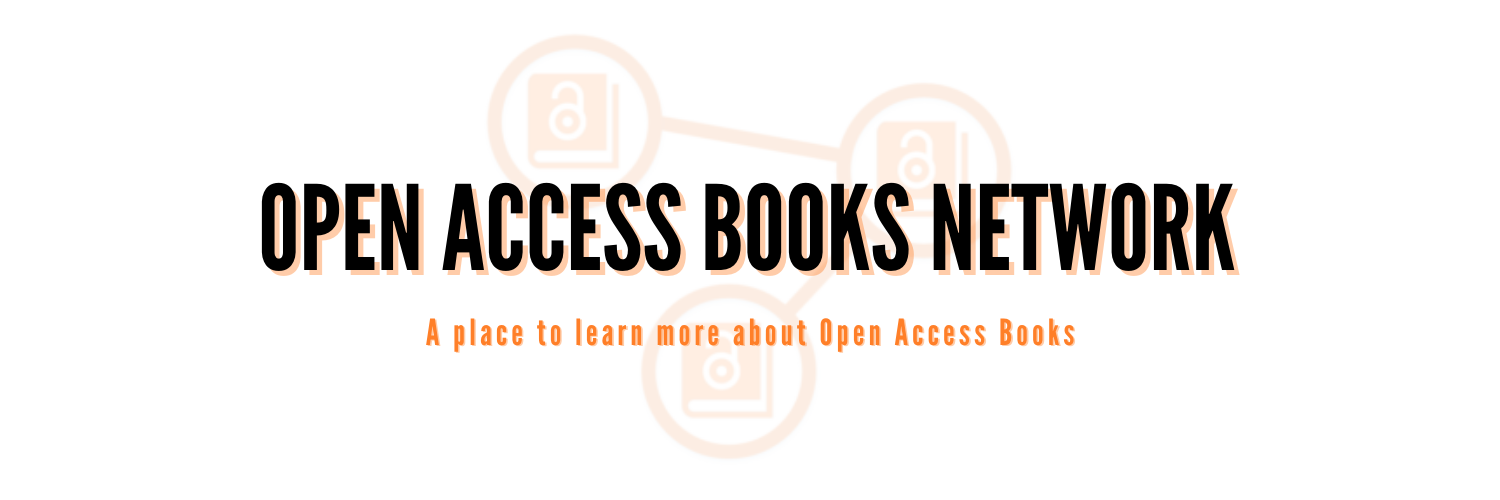
Our major outreach project this year has been the development of the Open Access Books Network, which began life last year at the ElPub conference. This year Lucy Barnes and Agata Morka, in collaboration with Tom Mosterd at OAPEN, have developed a group on Humanities Commons as a focal point for the Network (including discussion boards, a blog, a community event calendar and a repository of documents on OA books) and held a number of online events.
If you are not already a member, we warmly invite you to join the group!
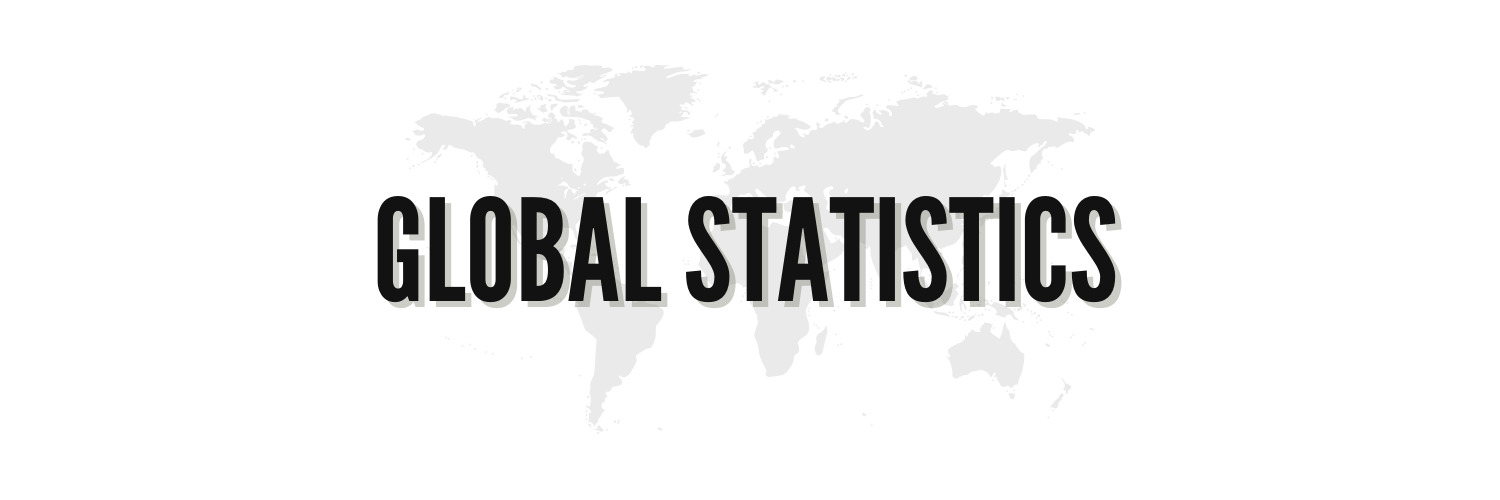
Our Open Access titles are available on a number of different platforms, and readers have multiple ways of accessing them. Collecting and collating usage statistics for our books is challenging, and clearly any data reported will be at the lower end of ‘true’ usage, as we are unable to obtain data from all platforms.
However, here at OBP we bring you one more year our global report on readership organised by continent, country and platform. As always, we have collected book-level usage data from the following sources: OBP’s Free Online PDF Reader; OBP’s Free HTML Reader; free ebook downloads from OBP; Google Play; and visitors to our titles hosted on Google Books, OpenEdition, WorldReader, OAPEN and the Classics Library. To find out more about the data we have been collecting and how the process of retrieving this information works, please visit our page on how we collect our readership statistics.
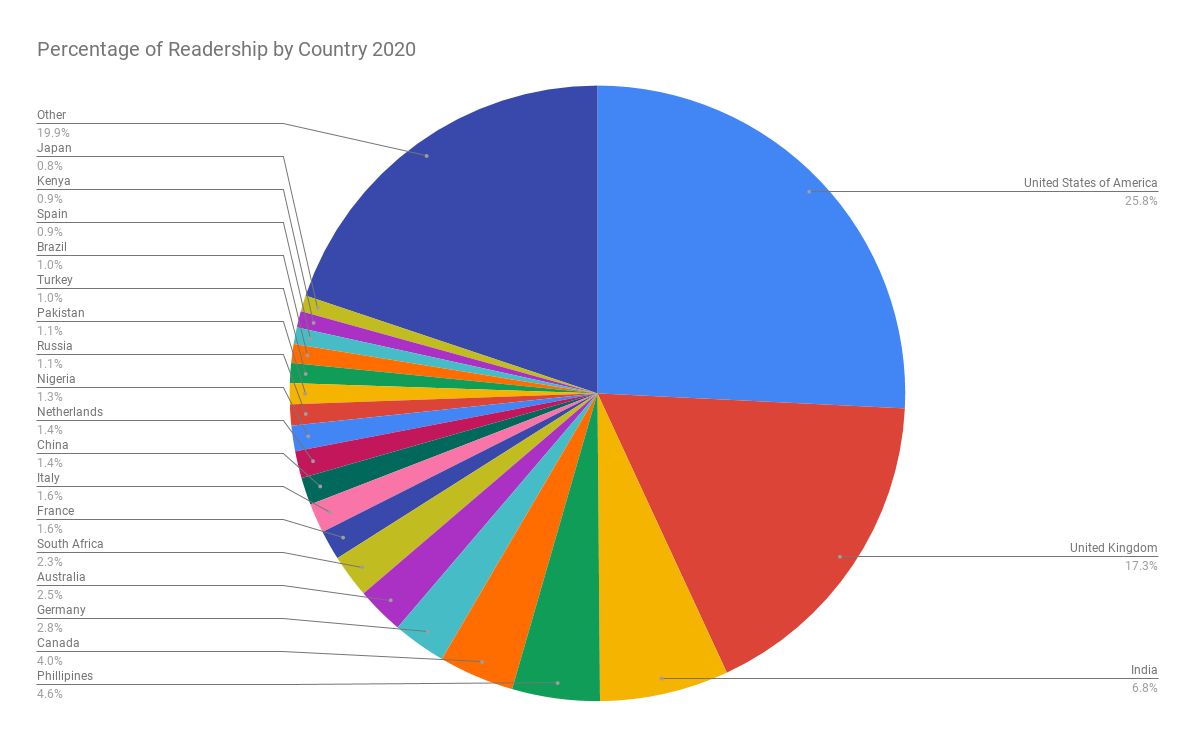
This 2020, when the access to OER was key to most institutions, academics, researchers and users everywhere, we welcomed readers from 234 different countries, states and territories (15 countries more than in 2019!), confirming that our titles have worldwide reach. The United States, United Kingdom, India, Phillipines and Canada are on the top 5 this year, followed by Germany, Australia, South Africa, France, Italy and China. We look forward to having an even bigger global impact in the years ahead.
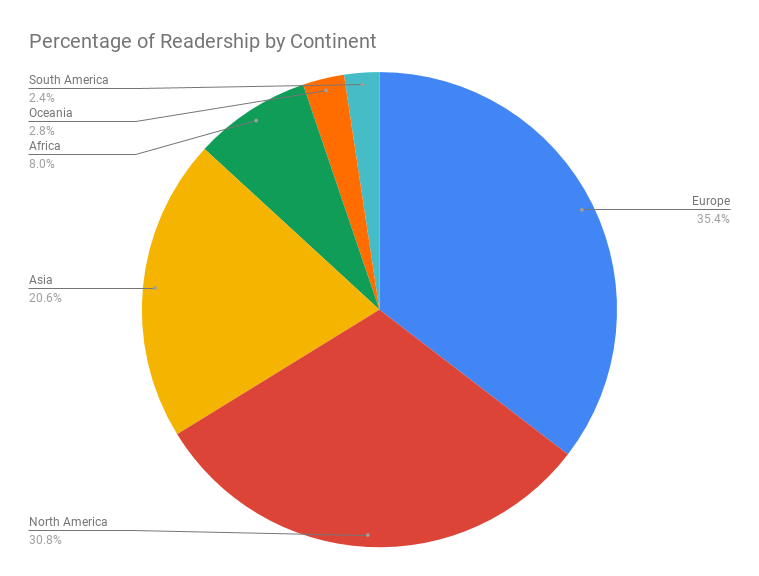
In our percentage of readership by continent, Europe is in first place with 35.4% of our total readership, followed by North America with a 30.8% and Asia with a 20.6% (2.6% more accesses than the ones registered for this continent in 2019). We have also noticed an increase of a 1.8% in the accesses from Oceania since 2019 as well as in the ones from South America that have grown a 1.4% in comparison with the data collected for 2019.
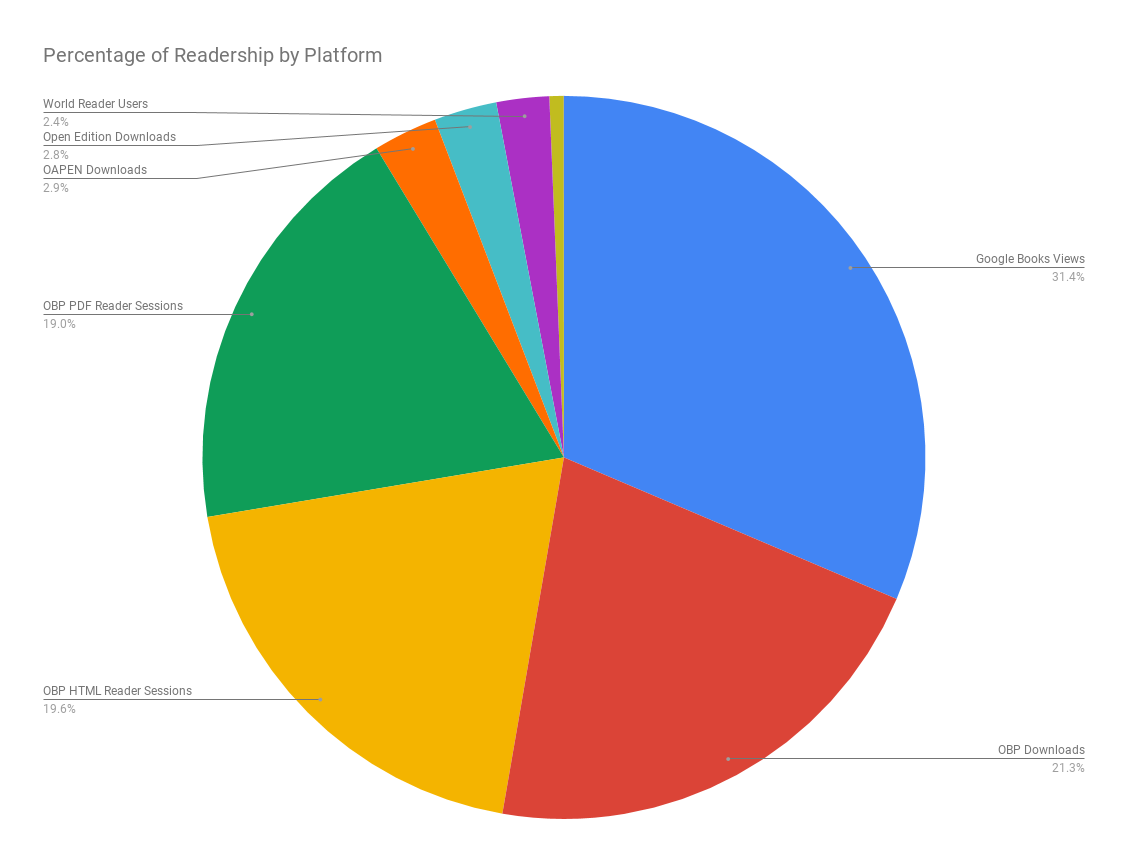
Finally, we're happy to report that 60% of the total readership we receive comes trough our own website, followed by other platforms to which we distribute our Open Access titles such as Google Books, OAPEN, Open Edition and Worldreader.
Thank you so much for accessing, reading and sharing our titles. It is thanks to the support shown by our readers, our member libraries and our authors that we can keep working towards a fairer publishing landscape!
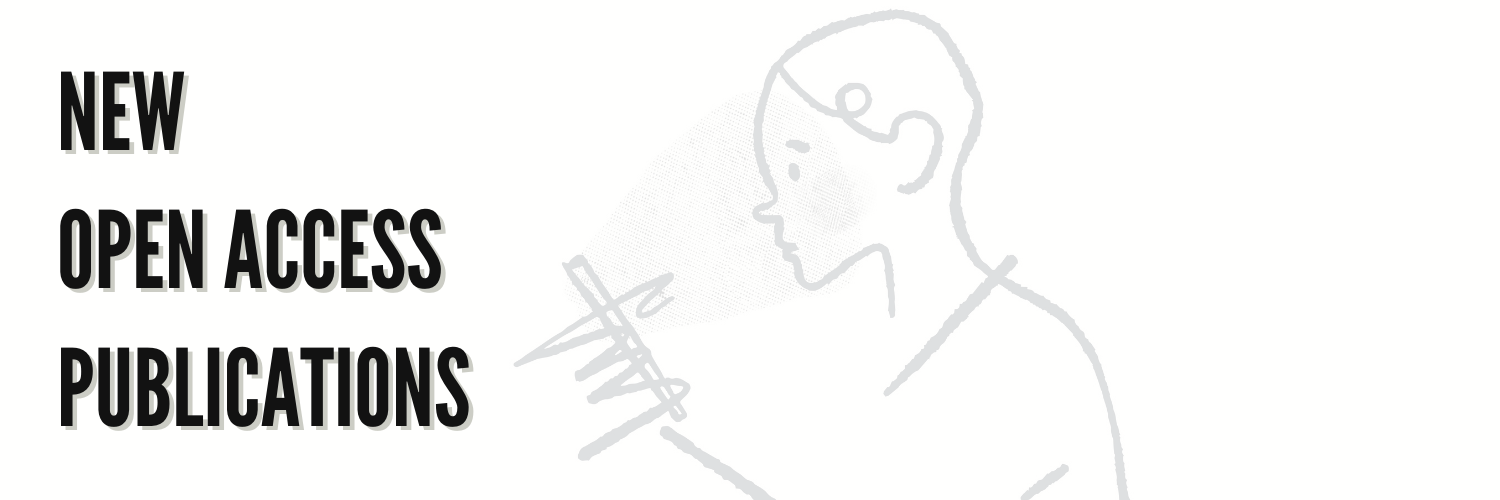
This year we have published a total of 37 books, which exceeds any previous year! We have not only released fantastic new titles both from first-time and returning authors but also four new textbooks and a number of enhanced editions of previously published books.
This year we have published a total of 37 books, which exceeds any previous year! We have not only released fantastic new titles both from first-time and returning authors but also four new textbooks and a number of enhanced editions of previously published books.
Anthropology, Archaeology and Religion
Gallucci's Commentary on Dürer’s 'Four Books on Human Proportion': Renaissance Proportion Theory James Hutson
Lifestyle in Siberia and the Russian North Joachim Otto Habeck (ed.)
Art and Music
Waltzing Through Europe: Attitudes towards Couple Dances in the Long Nineteenth Century Egil Bakka, Theresa Jill Buckland, Helena Saarikoski and Anne von Bibra Wharton (eds)
Digital Humanities
Digital Technology and the Practices of Humanities Research Jennifer Edmond
Economics, Politics and Sociology
Introducing Vigilant Audiences Daniel Trottier, Rashid Gabdulhakov and Qian Huang
Liminal Spaces: Migration and Women of the Guyanese Diaspora Grace Aneiza Ali (ed.)
Discourses We Live By: Narratives of Educational and Social Endeavour Hazel R. Wright and Marianne Høyen (eds)
A European Public Investment Outlook Floriana Cerniglia and Francesco Saraceno (eds)
Education
Simplified Signs: A Manual Sign-Communication System for Special Populations, Volume 1 John D. Bonvillian, Nicole Kissane Lee, Tracy T. Dooley and Filip T. Loncke
Simplified Signs: A Manual Sign-Communication System for Special Populations, Volume 2 John D. Bonvillian, Nicole Kissane Lee, Tracy T. Dooley and Filip T. Loncke
Environmental Studies
Living Earth Community: Multiple Ways of Being and Knowing Sam Mickey, Mary Evelyn Tucker, and John Grim (eds.)
Earth 2020: An Insider’s Guide to a Rapidly Changing Planet Philippe Tortell (ed.)
Terrestrial Mammal Conservation: Global Evidence for the Effects of Interventions for Terrestrial Mammals Excluding Bats and Primates N.A. Littlewood, R. Rocha, R.K. Smith, W.J. Sutherland et al.
What Works in Conservation 2020William J. Sutherland, Lynn V. Dicks, Silviu O. Petrovan and Rebecca K. Smith (eds)
Health
Margery Spring Rice: Pioneer of Women’s Health in the Early Twentieth Century Lucy Pollard
History and Biography
Mendl Mann’s 'The Fall of Berlin' Translated and with an Introduction by Maurice Wolfthal
Sailing from Polis to Empire: Ships in the Eastern Mediterranean during the Hellenistic Period Emmanuel Nantet (ed.)
The Life and Letters of William Sharp and "Fiona Macleod". Volume 2: 1895-1899 William F. Halloran
The Life and Letters of William Sharp and "Fiona Macleod". Volume 3: 1900-1905 William F. Halloran
Law
A Lexicon of Medieval Nordic Law Jeffrey Love, Inger Larsson, Ulrika Djärv, Christine Peel, and Erik Simensen
Literature, Language and Culture
Maria Stuart Friedrich Schiller. Translated by Flora Kimmich. With an Introduction by Roger Paulin
The Bavarian Commentary and Ovid: Clm 4610, The Earliest Documented Commentary on the 'Metamorphoses' Robin Wahlsten Böckerman
The Life and Letters of William Sharp and "Fiona Macleod". Volume 3: 1900-1905 William F. Halloran
Jewish-Muslim Intellectual History Entangled: Textual Materials from the Firkovitch Collection, Saint Petersburg Camilla Adang, Bruno Chiesa, Omar Hamdan, Wilferd Madelung, Sabine Schmidtke and Jan Thiele (eds)
Studies in Semitic Vocalisation and Reading Traditions Aaron Hornkohl and Geoffrey Khan (eds.)
Creative Multilingualism: A Manifesto Katrin Kohl, Rajinder Dudrah, Andrew Gosler, Suzanne Graham, Martin Maiden, Wen-chin Ouyang and Matthew Reynolds (eds.)
Studies in Rabbinic Hebrew Shai Heijmans (ed.)
The Tiberian Pronunciation Tradition of Biblical Hebrew, Volume 1 Geoffrey Khan
The Tiberian Pronunciation Tradition of Biblical Hebrew, Volume 2 Geoffrey Khan
The Waning Sword: Conversion Imagery and Celestial Myth in 'Beowulf' Edward Pettit
Media Studies and Journalism
B C, Before Computers: On Information Technology from Writing to the Age of Digital Data Stephen Robertson
Global Warming in Local Discourses: How Communities around the World Make Sense of Climate ChangeMichael Brüggemann and Simone Rödder (eds)
Philosophy
Agency: Moral Identity and Free Will David Weissman
Plato's 'Republic': An Introduction Sean McAleer
The Atheist's Bible: Diderot's 'Éléments de physiologie' Caroline Warman
Textbooks
Making up Numbers: A History of Invention in Mathematics Ekkehard Kopp
Plato's 'Republic': An Introduction Sean McAleer
Models in Microeconomic Theory ('He' Edition) Martin J. Osborne and Ariel Rubinstein
Models in Microeconomic Theory ('She' Edition) Martin J. Osborne and Ariel Rubinstein
Theatre
Chronicles from Kashmir: An Annotated, Multimedia Script Nandita Dinesh
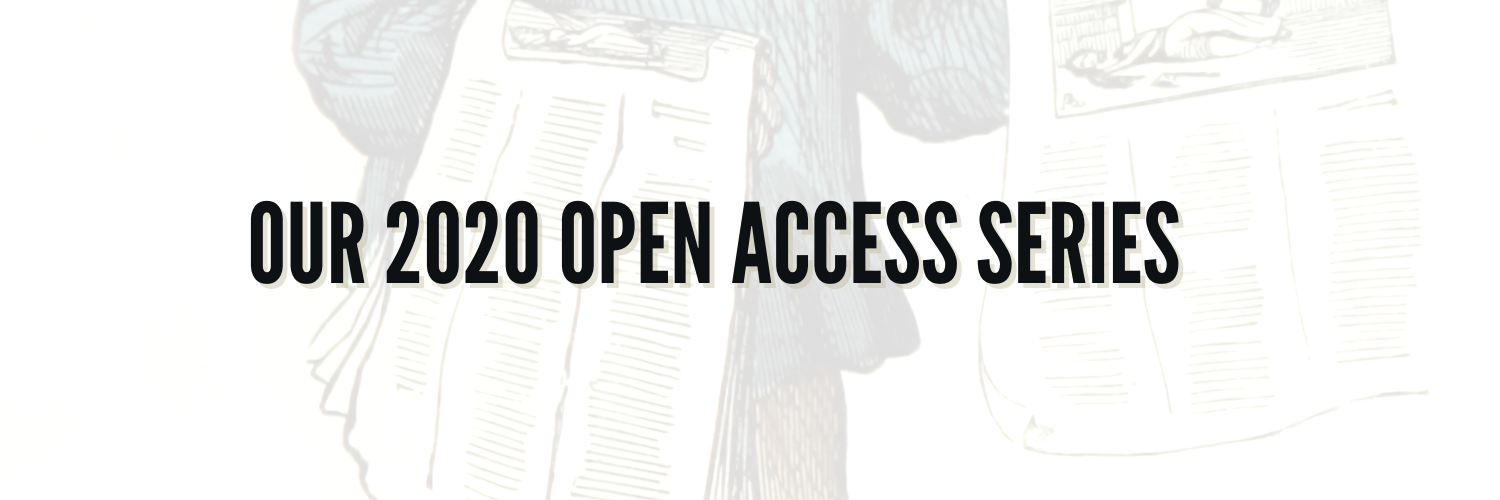
In 2020, we have announced a number of new series all of which are open for proposals, so feel free to get in touch if you or someone you know is interested in submitting a proposal!
Cambridge Semitic Languages and Cultures
Cambridge Semitic Language and Cultures is a new book series in collaboration with the Faculty of Asian and Middle Eastern Studies at the University of Cambridge. This series includes philological and linguistic studies of Semitic languages, editions of Semitic texts and works relating to the cultures of Semitic-speaking peoples. Titles in the series will cover all periods, traditions and methodological approaches to the field. The editorial board comprises Geoffrey Khan, Aaron Hornkohl, and Esther-Miriam Wagner.
The Global Qur'an
The Global Qur'an is a new book series that looks at Muslim engagement with the Qur’an in a global perspective. We publish studies that focus on the translation and interpretation of the Qur’an or on the social, cultural, pedagogical, aesthetic, and devotional place of the Qur’an in Muslim societies worldwide. We particularly encourage comparative studies, investigations of transregional dynamics, and interactions between local and global contexts. Contributions from scholars outside Western Europe and North America are especially welcome.
Studies on Mathematics Education and Society
This book series publishes high-quality monographs, edited volumes, handbooks and formally innovative books which explore the relationships between mathematics education and society. The series advances scholarship in mathematics education by bringing multiple disciplinary perspectives to the study of contemporary predicaments of the cultural, social, political, economic and ethical contexts of mathematics education in a range of different contexts around the globe.
Global Communications
Global Communications is a new book series that looks beyond national borders to examine current transformations in public communication, journalism and media. Books in this series will focus on the role of communication in the context of global ecological, social, political, economic, and technological challenges in order to help us understand the rapidly changing media environment. We encourage comparative studies but we also welcome single case studies, especially if they focus on regions other than Western Europe and North America, which have received the bulk of scholarly attention until now.
What do we care about? A Cross-Cultural Textbook for Undergraduate Students of Philosophical Ethics
A textbook in ethics designed primarily for students should have four main focal points: exposing students to normative moral theories, the history of ethics and ethicists, the nature and major contents of applied ethics, and exposing students to the analysis of moral terms and questions of moral validation in meta-ethics. However, what is currently available in this regard are texts that provide a one-sided and narrow narrative of these focal points: the Western narrative. As it is becoming more obvious in academic philosophy such hegemony of knowledge in any area of philosophy is not only a fraud and disservice to humanity – deliberately or non-deliberately – but also results in the poverty of knowledge. This book is a bold attempt to remedy this and provide a comprehensive and broad perspective of ethics to undergraduate students.
The Medieval Text Consortium Series
The Medieval Text Consortium is an association of leading scholars aimed at making works of medieval philosophy available to a wide audience. Our goal is to publish peer-reviewed texts across all of Western thought between antiquity and modernity, both in their original languages and in English translation.
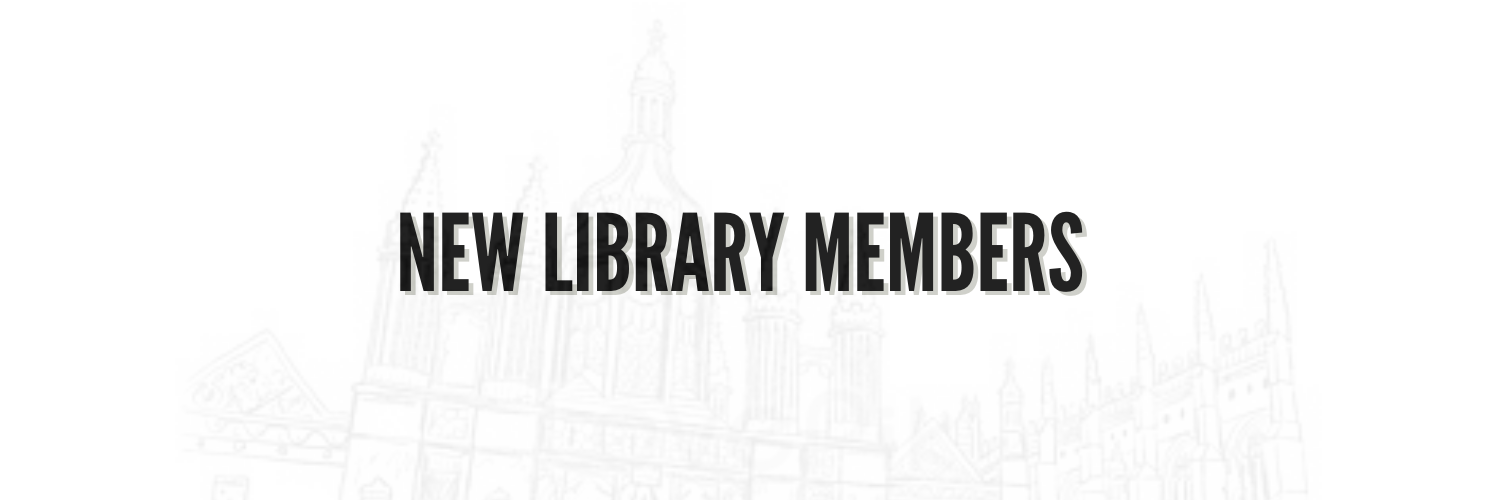
Since January 2020, 39 libraries from all around the world have joined our membership scheme and in so doing they have supported our Open Access publications and helped us in our quest towards making academic research available to everyone, everywhere in the world. We wholeheartedly thank all the institutions who have decided to become a member as well as those who have renewed their membership from previous years - the support we receive from libraries is vital to help us continue our work!
These are the libraries that joined our membership scheme in 2020:
University of Graz
Gothenburg University
University of Jyväskylä
University of Adelaide
University of Arizona
McMaster University
Tilburg University
Canterbury Christ Church University
TU Berlin
Rollins College
Harvard University
Open Universiteit Nederlands
University of Kentucky
The University of British Columbia Library
University of Central Lancashire
University of Eastern Finland
Liverpool John Moores University
York St John University
University of Salford
Queensland University of Technology
Humboldt-Universität zu Berlin
Mount Royal University
George Washington University
The National Library of Finland
UiT The Arctic University of Norway
La Universidad Latinoamericana de Ciencia y Tecnología
University of Bielefeld
Royal Danish Library
Georg-August-Universität Göttingen
Prifysgol Bangor University
Heinrich-Heine-University (HHU) of Dusseldorf
Universitäts- und Landesbibliothek Bonn
Middlesex University
Universitetet i Agder
Catholic University of Zimbabwe
African Institute for Mathematical Sciences (AIMS)
Johns Hopkins University
York University
You can find the full list of current members here and the list of benefits here. Free membership for libraries in Economically Developing Countries. If you are a librarian at a university or library in a such a country, and would be interested in receiving more information on how to become a member, please contact us at libraries@openbookpublishers.com
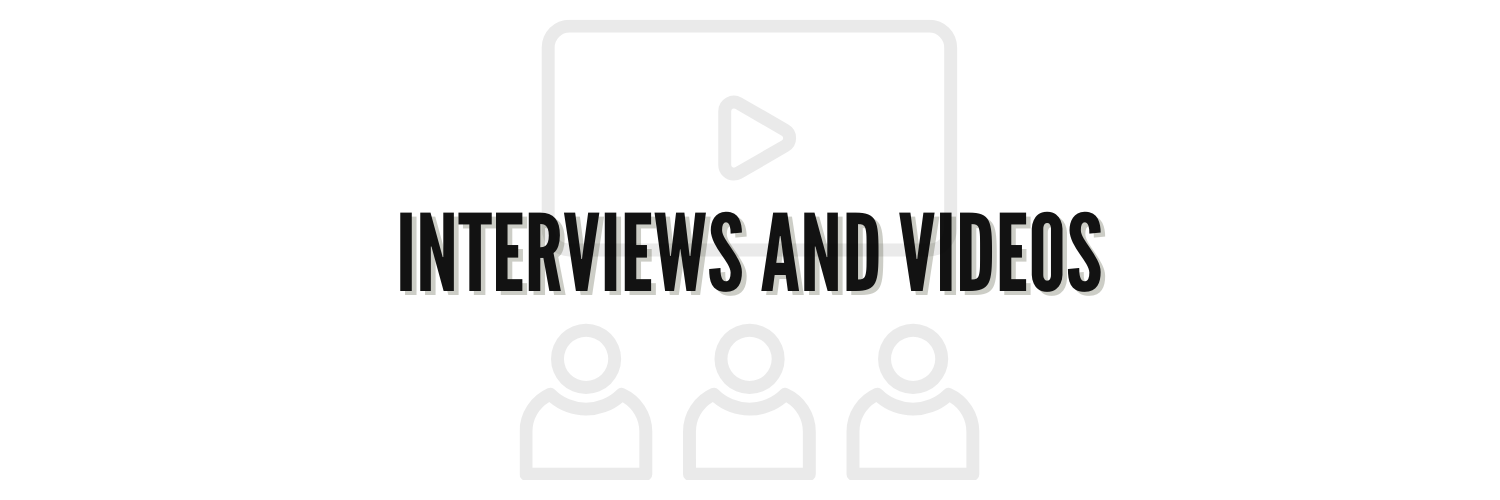
VLOG SERIES
Vlog Series: 'Living Earth Community: Multiple Ways of Being and Knowing'
OPEN ACCESS
What is Open Access? An Introduction by Open Book Publishers
Publishing Open Access Monographs - Information for Authors
Innovative Publication Techniques: Changing the Nature of the Academic Book.
INTERVIEWS
Prose Fiction: An Introduction to the Semiotics of Narrative / An Interview with Ignasi Ribó
'Simplified Signs': An Interview with William B. Bonvillian.
'The DARPA Model for Transformative Technologies': An Interview with the Authors.
Open Book Publishers in Conversation with the Open Access Books Network
Stephen Robertson talks about his book 'B C, Before Computers'
The Atheist's Bible: Diderot's 'Éléments de physiologie' - An Interview with Caroline Warman
ONLINE BOOK LAUNCHES
'Liminal Spaces: Migration and Women of the Guyanese Diaspora'
'Simplified Signs: A Manual Sign-Communication System for Special Population'
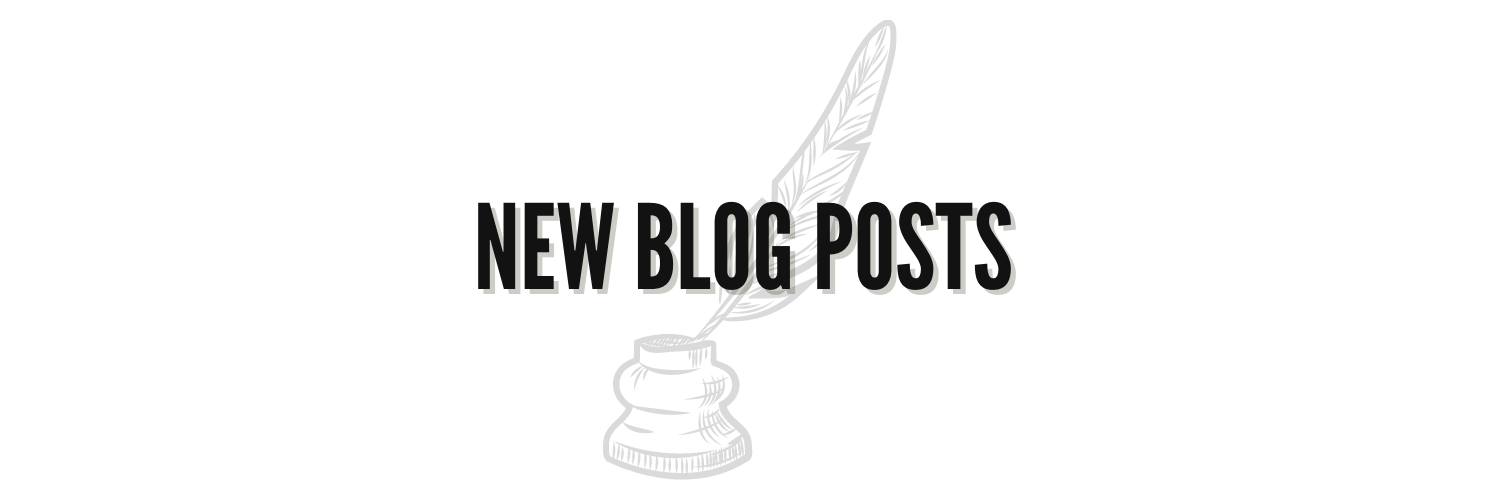
This year we have release a wealth of new blog posts on topics like metrics, Open Access academic publishing, the cost of Open Access Books, open educational resources , as well as a more than 25 posts written by authors and volunteers where they introduce our latest Open Access publications to our readers.
To check out all of our blogs please visit https://blogs.openbookpublishers.com/.
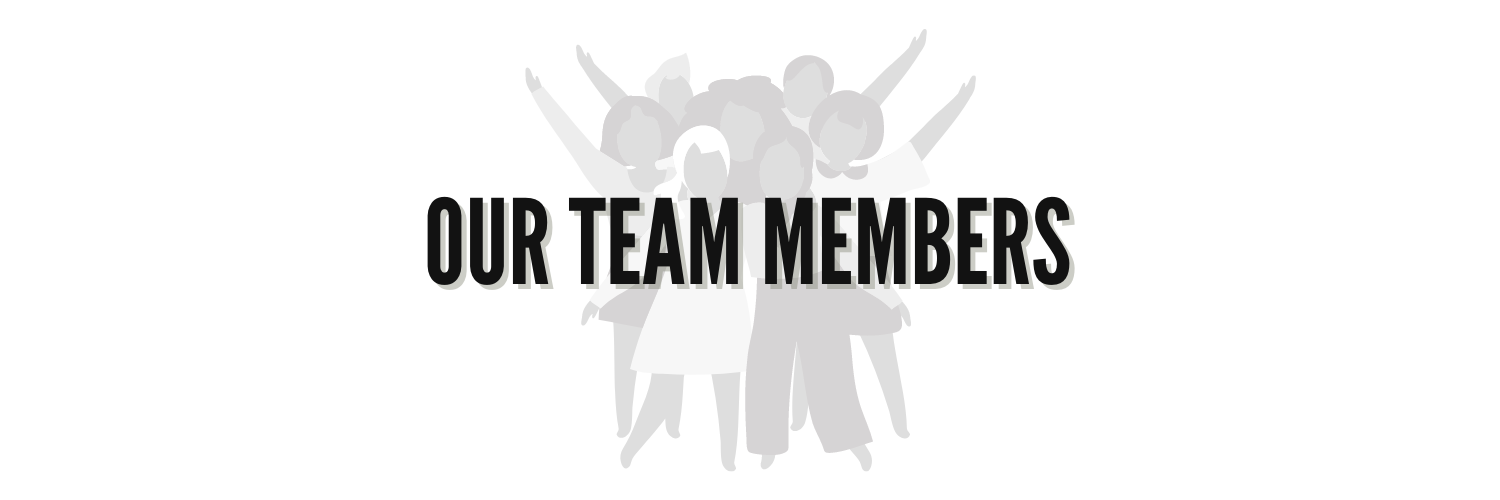
Editor and Outreach Coordinator
Lucy Barnes is responsible for copy-editing, proof-reading and indexing. She undertakes outreach work for OBP (speaking at universities, conducting webinars, writing blogs and articles, presenting at conferences and recording podcasts) and for the COPIM project. She is a lead member of the Open Access Books Network. She is also (slowly) completing her PhD at the University of Cambridge, studying nineteenth-century theatrical adaptations of novels and poetry.
Editors
Adèle Kreager is undertaking a PhD in Anglo-Saxon, Norse and Celtic at the University of Cambridge, studying identity and transformations (corporal and mental) in Norse literature. Her research interests include the mobility and agency of ‘inanimate’ objects in Old Norse and Old English literature; landscape as text; and the legibility of bodies in the medieval imagination.
Melissa Purkiss holds a PhD in Medieval and Modern Languages from the University of Oxford, where she completed her thesis on French and Russian influence in the works of the émigré writer Gaito Gazdanov and lectured on nineteenth- and twentieth-century Russian literature. She is responsible for editorial and production tasks at OBP.
Book Production, Digital Product Development and Illustration Manager
Luca Baffa received an MLitt in Publishing Studies in 2013 from the University of Stirling. He is responsible for producing the various editions of our titles, including typesetting and generating the files for print and digital editions.
Book Production, Digital Product Development and Illustration
Bianca Gualandi received an MA in Digital Humanities in 2013 from King's College London. She develops digital publishing workflows for us, and specialises in print and digital book production. Bianca works independently and assists OBP on selected projects.
Francesca Giovannetti received an MA in Digital Humanities from King's College London in 2015. She specialises in print and digital book production, digital scholarly editing and digital text technologies. Francesca works independently and assists OBP on selected projects.
Cover Designer
Anna Gatti, a free-lance artist and photographer, currently studying towards a BA in History, Politics and Economics at UCL, University of London.
Software Development
Javier Arias is a software engineer developing open source software at OBP. He is currently leading the development of Thoth, the Open Dissemination System funded by the COPIM project. He has previously worked on the HIRMEOS project, the open usage metrics collection system that powers our readership stats, funded by Horizon 2020, the EU Framework Programme for Research and Innovation. He is undertaking an MSc in Software Engineering at the University of Oxford.
Ross Higman is a software engineer working on the Open Dissemination System for the COPIM project. He has previously developed software for telecommunications networking and air pollution modelling, and worked as an editorial assistant. He holds an MPhil in Linguistics from the University of Cambridge.
Marketing and Library Relations
Laura Rodríguez holds an MPhil in Medieval Literature at the University of Cambridge. Her research interests include medieval pastoral care, women's studies, religious history, and cycle drama. Laura is in charge of marketing, library relations and distribution.
European Co-ordinator for Open Access Books
Agata Morka holds a PhD in Architectural History from the University of Washington, where she completed her dissertation on contemporary French train stations. For the past nine years she has been working with OA books. She is responsible for coordinating efforts between two European projects focusing on OA monographs: the OPERAS-P and the COPIM projects. She is a lead member of the Open Access Books Network.
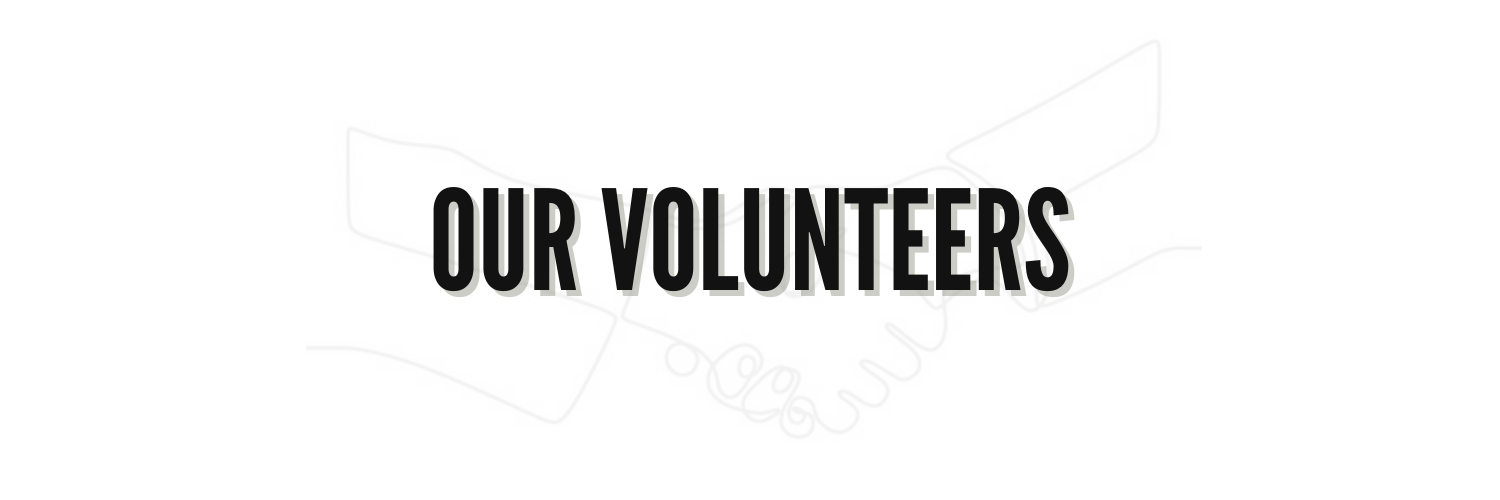
At OBP, we offer direct training placements in all aspects of Open Access publishing, free of charge. We provide placements to individuals, as part of university courses such as the MSt in Creative Writing at the University of Oxford, and to other Open Access publishers such as UGA Editions and Firenze University Press. However, we also welcome volunteers of different levels of skill and experience who want to work with us either at our Cambridge office or remotely.
This 2020 we have had the pleasure of working along some great volunteers and we would like to take this opportunity to thank them for all their help and hard work - we strongly appreciated their support and assistance!
Jung Ying Mach
Christopher Hubbard
Domenic Rotundo
Tabitha Bardsley
Tamara Prieto
Anna Mullock
Marie Hawkins
Sarah Jay
Yinuo Meng
Hannah Godfrey
Laken Brooks
Natalie Ansell
Ravita Luther
Rosalyn Sword
If you or someone you know would like to have the opportunity to try a range of key publishing aspects, including marketing, editorial and text-formatting tasks in a non-corporate environment, please contact Alessandra Tosi.
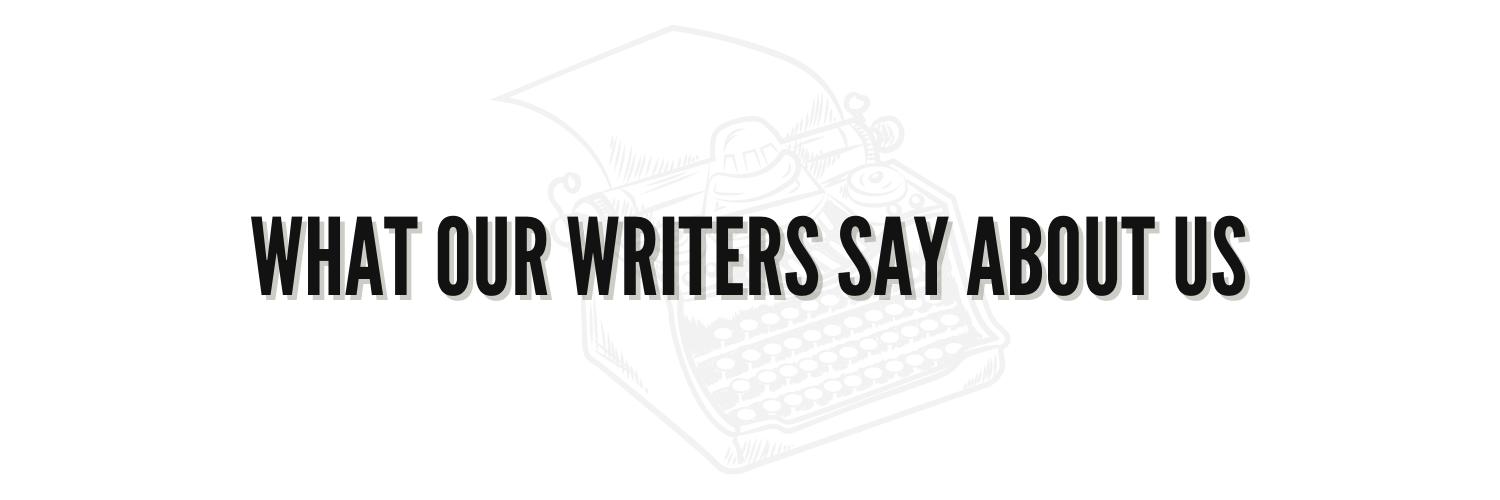
You have a wonderful staff at OBP: everyone I've dealt with has been supportive, friendly, efficient, and helpful. You all have managed to make what could be a nerve wracking experience into a remarkably pleasant and stress-free one. It's been a real treat working with you.
—Sean McAleer, professor of Philosophy, University of Wisconsin-Eau Claire, and author of Plato's 'Republic': An Introduction
OBP turns out beautiful volumes, beautiful with respect to both typography and illustrations. And it works swiftly. Production takes place in maximum consultation and cooperation with the author. I have found the editors knowledgeable, skillful, and forbearing. And finally, working with Roger Paulin has been a privilege and a gift. In effect, OBP has offered invaluable support to my efforts.
—Flora Kimmich, independent scholar and translator of Maria Stuart
On behalf of the Creative Multilingualism Team, I should like to thank you very much indeed for all your expertise, advice, flexibility, responsiveness and hard work on our volume! We’re delighted with it. It constitutes an ideal embodiment of our 4-year research project, and we’re enormously grateful to you for having enabled us to bring it to fruition in this beautiful form.
—Katrin Kohl, professor at the University of Oxford and author of The Atheist's Bible: Diderot's 'Éléments de physiologie'
In the last 50 years, academic publishing has been invaded by for-profit businesses. Academics donate their research and their refereeing services to these companies, who then lock up the research and sell it back to the academy at prices that are usually high and sometimes stratospheric. Appalled by this invasion, in the mid-2000s I was a member of a group of economic theorists that founded an Open Access journal, Theoretical Economics, and I served as the editor of that journal for several years. I remain devoted to the principle that academic research should be freely available, and am delighted that Open Book Publishers has published Models in Microeconomic Theory.
—Martin J. Osborne, professor at the University of Toronto and co-author of Models in Microeconomic Theory
I'm convinced that open access is the future of academic publishing. I hadn't expected that the process would be as disciplined or that the product would be as elegant. I wish all my previous books had been published this way.
—David Weissman, professor at the City College of New York and author of Agency: Moral Identity and Free Will
And finally...
May the holiday season end the present year on a cheerful note and make way for a fresh and bright New Year!
If there are any thoughts you would like to share with us, please email laura@openbookpublishers.com or contact us on Twitter or Facebook.
